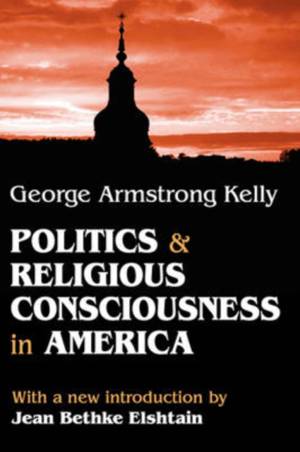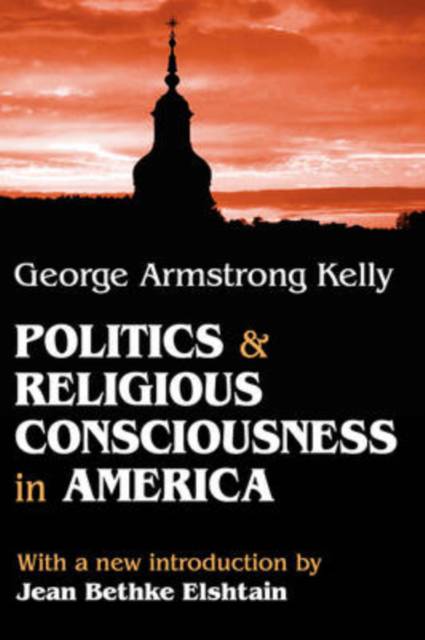
- Retrait gratuit dans votre magasin Club
- 7.000.000 titres dans notre catalogue
- Payer en toute sécurité
- Toujours un magasin près de chez vous
- Retrait gratuit dans votre magasin Club
- 7.000.000 titres dans notre catalogue
- Payer en toute sécurité
- Toujours un magasin près de chez vous
Description
This exploration of the tensions of politics and religion in the United States, from its earliest settlement to contemporary times, is the first coherent history of American religious thought and practice within the context of politics. Kelly sets forth a chronology and topology of the patterns of collaboration, competition, and interaction of politics and religion in America. In the United States the pathological features of politics and religion--and their decline of power and virtue--seem more closely linked in time and substance than elsewhere. Kelly concentrates on the implications of the following issues: the distinction between the sacred and the profane; a reevaluation of Tocqueville's analysis; the competitive and coalescent qualities of Calvinist and Arminian doctrines; an interpretation of sectarianism and cultism; a dissection of the meanings of American providentialism; an application of Weberian theory of the Protestant ethic to American religion and politics; a critique of the modern notion of "civil religion"; and an analytical investigation of religious and political modes of conviction.
Spécifications
Parties prenantes
- Auteur(s) :
- Editeur:
Contenu
- Nombre de pages :
- 336
- Langue:
- Anglais
Caractéristiques
- EAN:
- 9780765805973
- Date de parution :
- 31-10-04
- Format:
- Livre broché
- Format numérique:
- Trade paperback (VS)
- Dimensions :
- 164 mm x 230 mm
- Poids :
- 544 g







